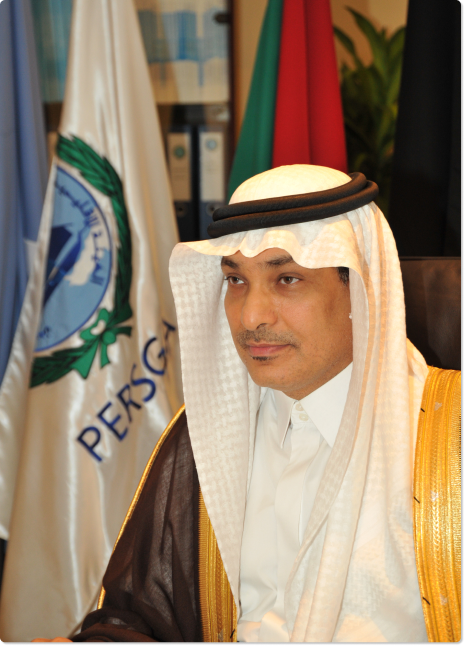SG Message
The establishment of PERSGA under the Jeddah Convention (1982) was a sincere expression of the will of the Arab countries bordering the Red Sea and the Gulf of Aden to preserve the marine and coastal environment in the region. So, PERSGA is an Intergovernmental organization dedicated to the conservation of the coastal and marine environments found in the Red Sea and Gulf of Aden, aiming at rational use of living and non-living marine and coastal resources in a manner ensuring optimum benefit for the present generation while maintaining the potential of that environment to satisfy the needs and aspirations of future generations. PERSGA represents a successful model of joint Arab cooperation, where coordination and cooperation among its Member States was continued without any conflicts, and accomplished many achievements in conserving marine environment in the region, that was evidenced by the results of the 2nd State Of the Marine Environment Report
(SOMRSGA II) in the region that recently issued by PERSGA, where the status of many of the environmental indicators (40 indicators) of the Red Sea and Gulf of Aden were reviewed over the past twenty years Since March 2020, the spread of the Covid-19 global pandemic has imposed unprecedented emergency measures around the world, yet PERSGA has been able to adapt to these exceptional circumstances, continuing to implement regional programs, collaborating with international partner organizations, continuous communication with Member States, activating appropriate office work where possible, and enabling remote work through visual communication applications for conducting technical capacity-building training programs in the region, organizing technical and coordination meetings with Member States and international partner organizations, and produce technical reports, publications, brochures, films and awareness materials on regular basis. On the other hand, PERSGA, through its Regional Emergency Mutual Aids Centre (EMARSGA) in Hurghada, has provided technical assistance in dealing with a number of marine pollution incidents in the Region, taking advantage of the application of new computer systems to model oil pollution and predict the course of the spread of pollution (OIL-MAP Model) which has helped in field response plans during an oil spill accident.

